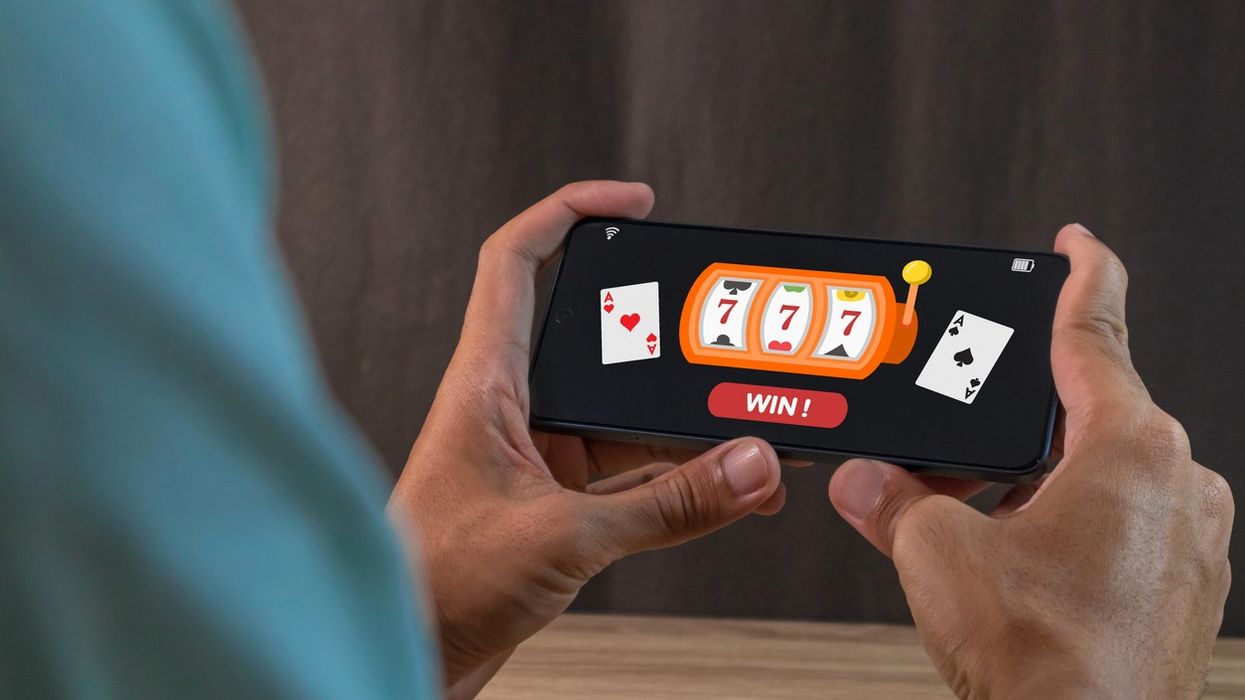Highlights:
- Instagram now allows users to repost their friends’ public photos and Reels.
- Reposted content appears in a dedicated tab, not on the main profile grid.
- A new ‘friends feed’ will highlight posts liked or commented on by users’ friends.
- Privacy controls allow users to manage visibility of likes and comments.
- The update is currently live in the US and rolling out globally.
Instagram rolls out reposting feature for public posts and Reels
Instagram has introduced a long-requested reposting feature that enables users to share their friends’ public photos and Reels directly on their own profiles. While the functionality mirrors what has long been available on platforms like X (formerly Twitter) and TikTok, Instagram has placed some limitations on how reposts are displayed.
Instead of appearing on a user’s main profile grid, reposted content is shown in a separate, dedicated tab. This new capability expands on the limited reposting options previously available for Stories and Reels, and marks an effort by the platform to make sharing within the app more intuitive.
Feature still comes with limitations
Despite the addition of Instagram reposting, the platform has opted to keep shared content distinct from original posts. Users will not be able to include reposted images in their main profile feed — a decision likely aimed at preserving the visual cohesion many users curate on their profiles.
Additionally, only public content can be reposted, and the feature may not be fully available in all regions just yet.
Friends-focused Reels feed introduced
In a further update, Instagram has launched a new Reels feed focused entirely on content from friends. This allows users to browse Reels that their friends have posted, liked, or commented on — replicating a feature long present on TikTok, from which Instagram originally adapted the Reels format.
The ‘friends feed’ will highlight this activity automatically, but users retain the ability to limit what others can see. Instagram confirmed that individuals can disable the display of their likes and comments in the feed or mute interactions from specific users.
Context and global rollout
Instagram originally launched Reels in 2020 in response to the growing popularity of TikTok, and the format has since become central to its strategy. The latest changes aim to present users with more relevant content — particularly from friends — amid ongoing criticism of Instagram’s algorithmically driven main feed.
The company has also taken steps to downplay political content and refocus attention on personal interactions. The new features, including Instagram reposting and the friends Reels feed, are currently available in the United States and are being rolled out to other regions in the coming weeks.





